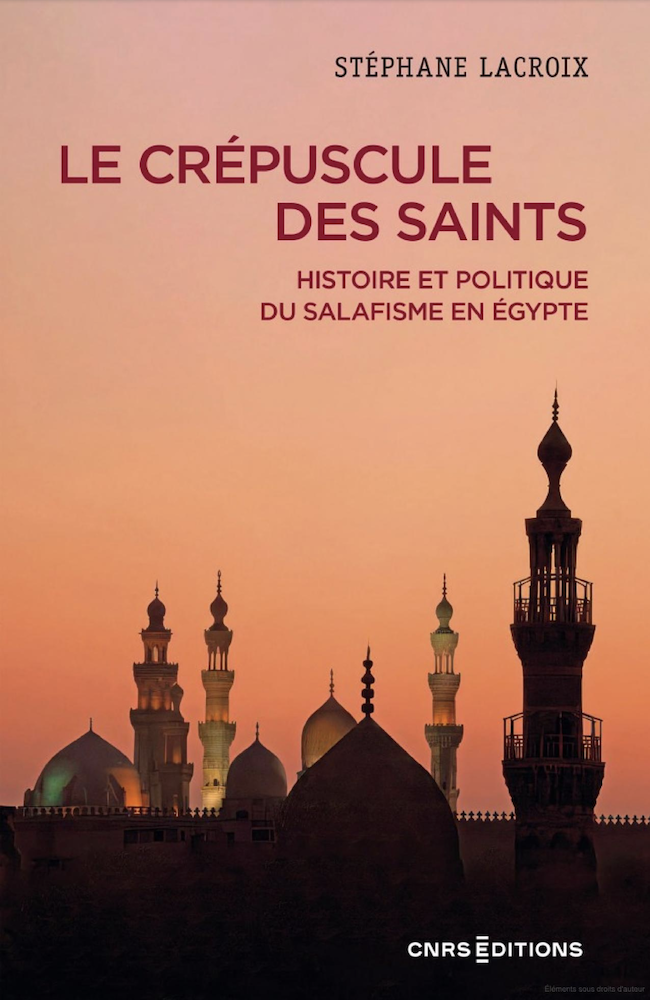The rise, politicisation, and decline of Egyptian Salafism: Interview with Stéphane Lacroix
Stéphane Lacroix, Associate Professor of Political Science at Sciences Po, Researcher at CERI, and Co-Director of the Chair for the Study of Religion, has just published Le Crépuscule des saints: Histoire et politique du salafisme en Egypte (CNRS Editions). In this interview, Stéphane answers our questions about this book and, more broadly, about Salafism in Egypt.
(...) T he term “Salafism” refers to a particular understanding of Islam, based on a certain number of fundamentals: Salafis call for a return to what they consider to be an original orthodoxy, rooted in a literal reading of the sacred texts, in contrast to the more rationalising approaches to creed that have dominated Islam since medieval times. They harbour particular hostility towards non-Sunni movements (especially Shi’ism) and Sufi mysticism, which they see as nothing more than superstition.
he term “Salafism” refers to a particular understanding of Islam, based on a certain number of fundamentals: Salafis call for a return to what they consider to be an original orthodoxy, rooted in a literal reading of the sacred texts, in contrast to the more rationalising approaches to creed that have dominated Islam since medieval times. They harbour particular hostility towards non-Sunni movements (especially Shi’ism) and Sufi mysticism, which they see as nothing more than superstition.
They also advocate the application, in the daily life of Muslims, of a rigorous orthopraxy which they consider to be in keeping with the tradition of the Prophet of Islam and his companions.
In addition to this particular understanding of Islam (which remained a very minority position until the last decades of the twentieth century), the term “Salafism” also refers to the movement that was set up to disseminate it.
Broadly speaking, this movement advocates a “purification” of Islam (in my book, I describe the Salafis’ “grammar of action” as a “grammar of purity”) and the creation of new generations of Muslims who adhere to this purified Islam (...)










